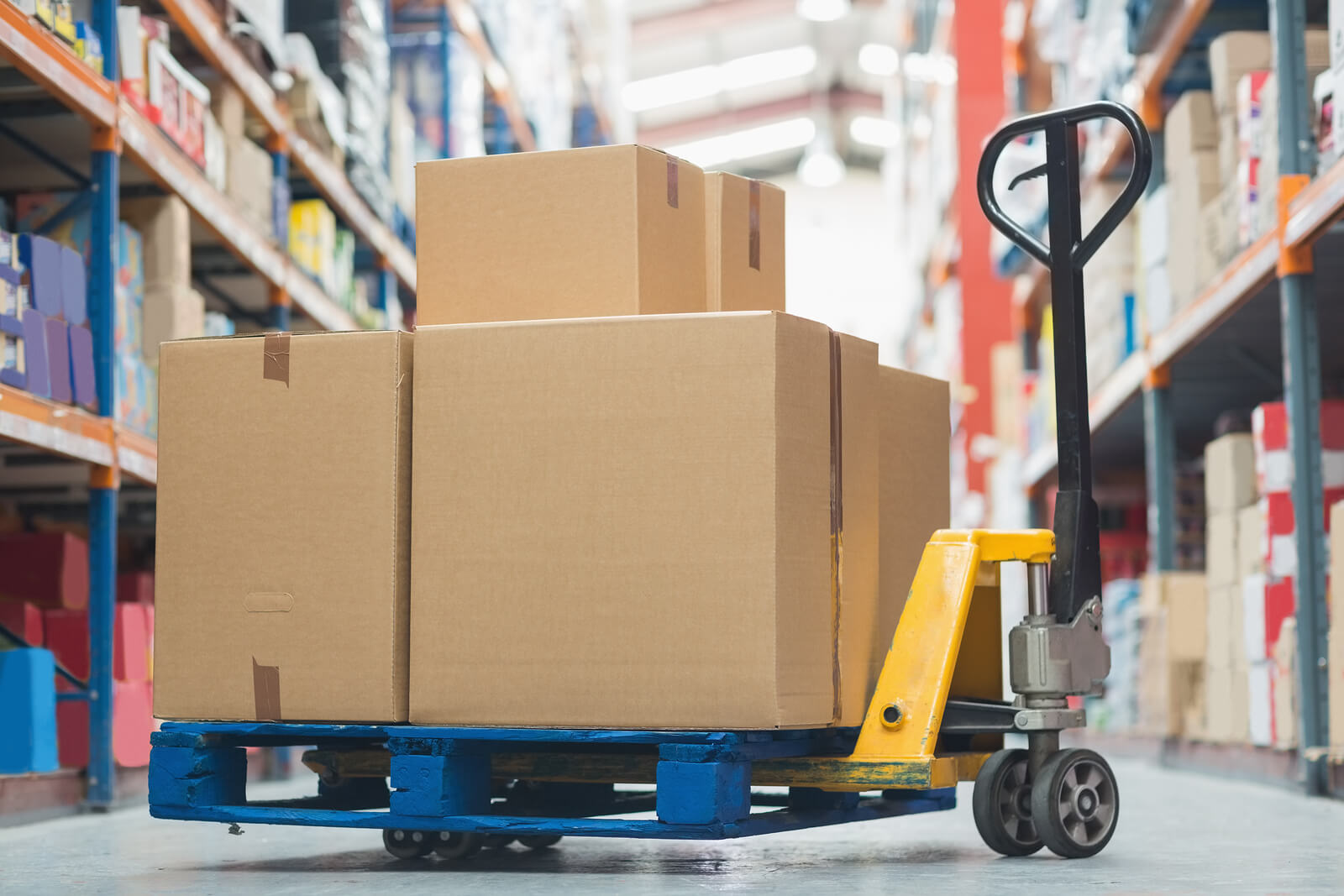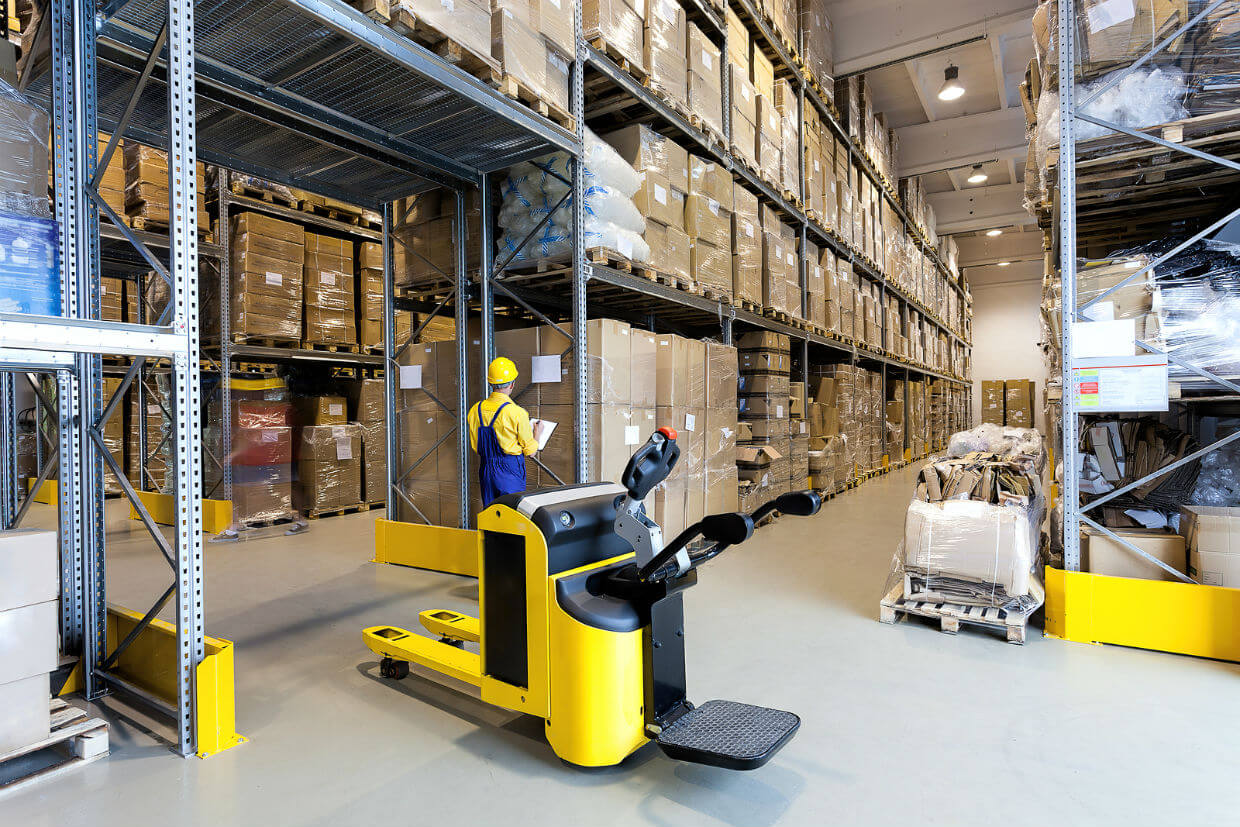Freight Claims – How Much do they Really Cost?
It must be very frustrating to open the trailer door of the cargo you’ve finally received, only to notice it has been damaged during the transportation process. Your next step would obviously be filling the paperwork regarding freight claims.
But are you aware of the costs associated with a freight claim? Do you know it can cost you more than the reimbursement itself? Here are some of the things you should have in mind:
Labor
Filling freight claims manually can take about 3 hours of your day, hours you can spend doing something more important. After filling the paperwork, you should consider the carrier follow-up and start repackaging the damaged products you’ll return to the manufacturer. Naturally, meeting with the carrier’s inspector is the next time-consuming task.
The job of the inspector is to figure out how your cargo got damaged and determine the carrier’s problem. Hence, you should separate the damaged products from the rest and search for quotes on their repairs or replacement.
Lastly, you need to deal with the customers who are expecting their products, but will have to wait for the next delivery.
Storage
The excess storage space in a warehouse is a luxury large companies can afford and they don’t consider it part of the freight claim cost. But damaged goods can be a problem in a small warehouse since they take up a lot of the space you can otherwise use for products that can actually be sold to your customers.
If you don’t have excess storage space, you’ll be forced to rent a new warehouse and pay an additional fee for storing the damaged goods. Therefore, you should consider the rent or mortgage for that warehouse and the utility costs that come along with it.

Also, let’s not forget the property taxes and the cost to dispose of the damaged cargo. You’ll probably cover both these expenses with company money which can be invested in other business fields.
Salvage
Legally, the owner of the goods is responsible if the carrier doesn’t transport them safely to the appointed destination. Therefore, the owner must try to keep the loss/damage to a minimum. If the goods are partially damaged, the carrier will only pay for the difference between the original product value, and the damaged value.
Basically, this means you’ve been reimbursed for your losses during transportation. Of course, there are various disadvantages in selling damaged products, like being less competitive than the companies selling full-priced products, as well as negatively affecting your business reputation. Hence, the product salvage can cost you more than just one cargo with sub-par damaged products.
Unhappy customers
When dealing with damaged products, it is easy to disappoint your customers. Building customer trust can take many years of effort, but one damaged product is all it takes to ruin everything.
Ask yourself if your customers can wait for the reorder, or they will treat this mistake as unprofessional behavior and never order from you again. This is especially important if the customer is buying products from you for the first time.
These customers will surely tell their friends about the bad experience they had with your products. This will result in losing new potential customers even if it has never happened before. It is well-known that customers can be strict when it comes to receiving their product within a given deadline. Therefore, they may be really unhappy with your service if the delivery gets delayed or the product gets damaged during transport.
Business opportunities
What would you do if you weren’t filing a freight claim? Don’t you think there is a more productive way to spend your time, instead of filling freight claims? Your employees can work on a new marketing strategy, improve customer service or increase sales if they aren’t spending their time on filing freight claims for unprofessional carriers.

The money you spend on the claims can be invested in smart business endeavors for your company, or used to simply increase the interest rate of the company savings account. Make sure you consider all the opportunities because the lack of focus on more important goals can cost your business more than a few damaged goods.
Also, even if you are reimbursed with the freight claim, you will most likely have to wait for a couple of months to receive the money.
Timing
Many owners hope that the carrier will deliver their order on time without actually specifying a deadline. Don’t forget to set a date when the carrier should deliver the products. Otherwise, the carrier is not obliged to reimburse you if the cargo arrives a few days later than you’ve expected. The blame is not on the carrier, but on you.
If the carrier is late, your customers may try to find their desired product someplace else because you are out of stock. Therefore, you will lose the sale and the customers will probably avoid purchasing from you for a while because there’s a small possibility you’ll have their product in the near future.
Timing is everything for a business involved with carriers and product sales, so setting the arrival date and avoiding filing freight claims should be one of your top priorities.
Unfilled freight claims
Do you take the time to fill small freight claims? You shouldn’t avoid them because even if a single one doesn’t cost much, several small freight claims can make a big financial difference. For example, a $20 unfilled freight claim shouldn’t be much for a small company. But, ten $20 claims will result in you losing money and desperately trying to sell the damaged goods.

We, at A & A, take care of our clients by offering assistance when it comes to all sorts of transportation. We are ready to assist with air, ocean, ground and freight forwarding. Our company provides import and export services, consolidation service, door-to-door services, full and part charter, and AOG services. Do not hesitate to request a quote, or check out our website for more information on how we can help you.

